Your loved one is getting treated for cancer. Now what? Support the survivor through treatment and recovery with these guidelines.
12 Loving, Little Ways to Support a Loved One Through Chemo

Ask before showing up
Chemotherapy can leave people feeling sick, tired, unattractive—and not up for visitors, especially if you’re not immediate family. No matter how badly you want to see the patient, ask if it’s a good time before popping in. “Often it’s this double-edged sword,” says Marleen Meyers, MD, director of the Survivorship Program at the NYU Langone Perlmutter Cancer Center. “We want to see somebody and make sure they’re OK. You also want to feel the person knows you want to see them. On the other hand, the person might not be up for a visit.” If your loved one says he or she is feeling too under the weather to see you, respect that.
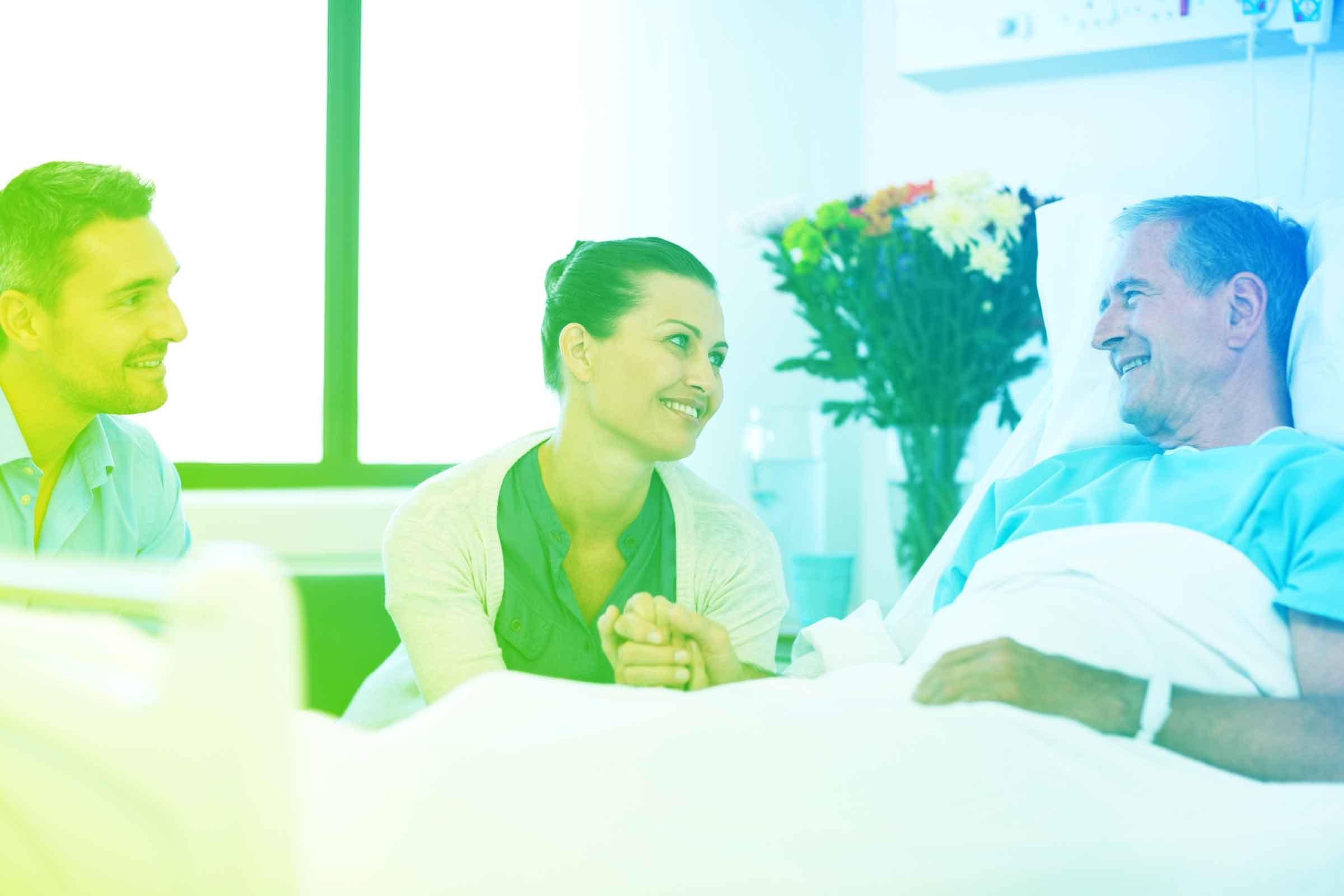
Don’t avoid the elephant in the room
Even when they need the emotional support, some people avoid talking about their cancer because they’re afraid it will make their loved ones uncomfortable, Kevin Stein, PhD, vice president of behavioral research and director of the Behavioral Research Center for the American Cancer Society. Instead of walking on eggshells, be open to talking about the survivor’s struggles. “Most cancer survivors want to share what they’re experiencing and want to feel comfortable talking about their feelings,” says Dr. Stein. “Emotional support can be cathartic.” Don’t miss these other things cancer patients wish you knew.

Never force the conversation
While some people need an outlet to vent their feelings, others would rather keep things to themselves. Consider your loved one’s personality before hammering out questions that might make the person uncomfortable. “You have to read your audience and know that individual,” says Dr. Stein. “If they’re the type of person who’s a very stoic and private person, let them initiate the conversation. Just say, ‘Hey, I’m here to help.’”
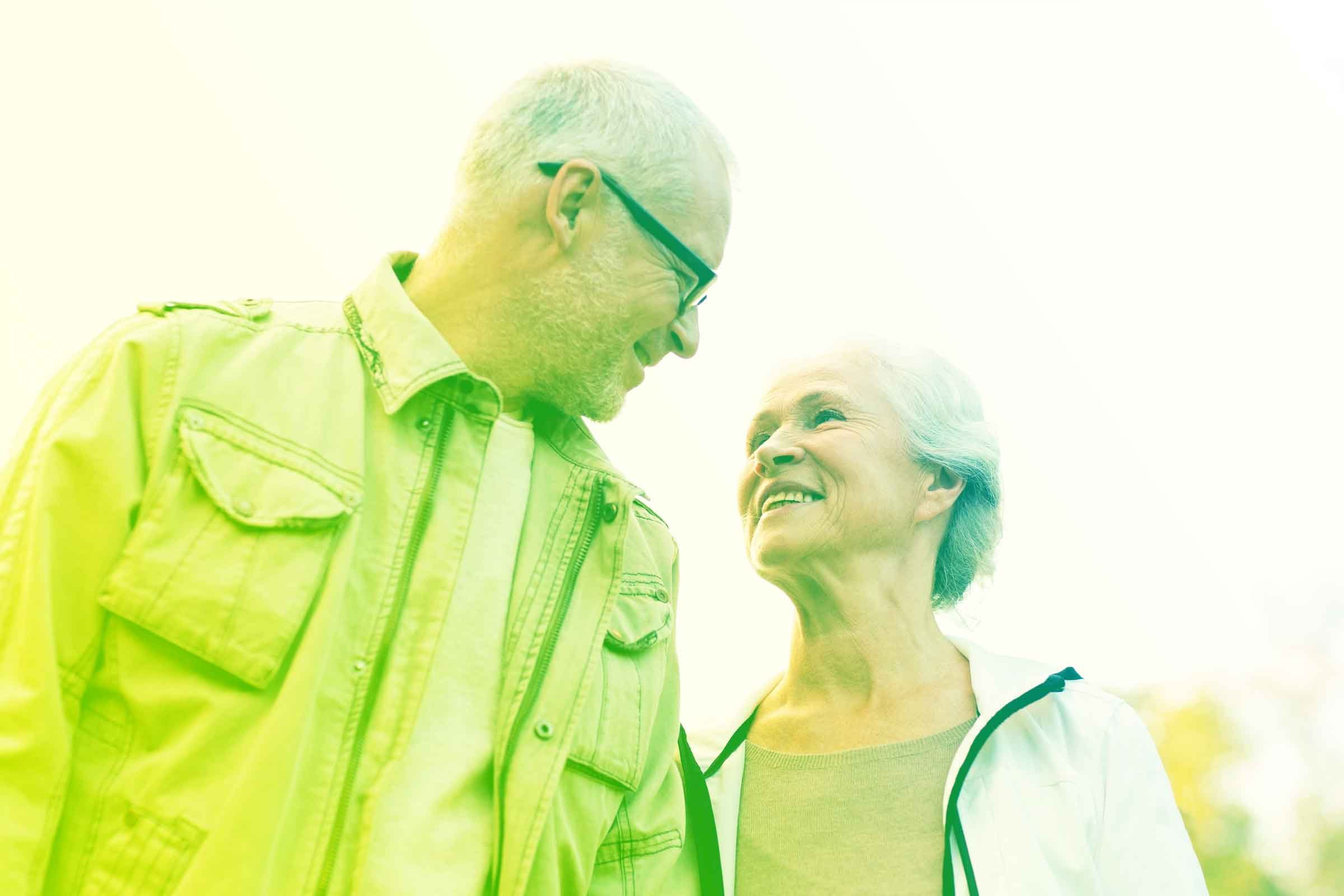
Keep things normal
Just because your loved one is going through something terrible doesn’t mean you have to limit your conversation to cancer talk. Continue keeping that person in the loop and discussing the mundane things you used to. “You should still be including them in everything—whatever is worrying you, whatever is going on in the world,” says Dr. Meyers. “Don’t make their world all about cancer.” Check out these cancer myths you can safely ignore.

Leave questions open-ended
Let the cancer survivor guide the conversation instead of asking closed-ended or yes-or-no questions, which can shut down a conversation fast, says Dr. Stein. For instance, rather than asking what symptoms a person is experiencing, check if there’s anything you can do to help. “You want to let that person know you’re open to talking and supporting them how they need,” he says. Here are a few things you should say to a coworker with cancer.
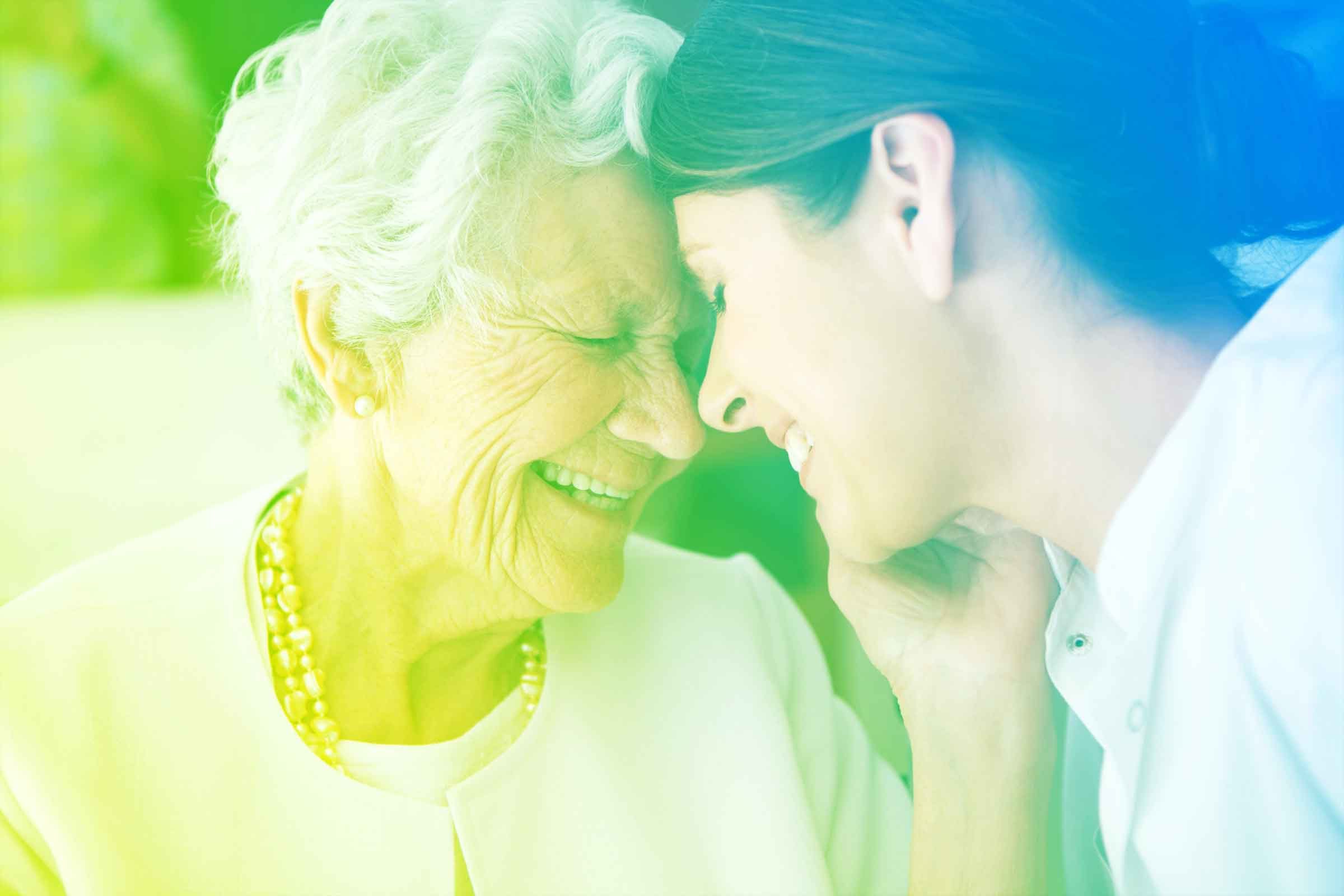
Share a laugh
Laughter really is the best medicine, so don’t hold back. “Often one thing we’re afraid to do is laugh,” says Dr. Meyers. “One of the things I try very hard to do even in the worst of circumstances is to make people laugh, because laughter makes people feel better in and of itself.”

Offer to run errands
Fatigue after chemo can make it hard for people to fulfill their usual household roles. Take some of the burden by offering to take their kid to soccer, pick up groceries, or do chores around the house. “Chemo often causes people to be extremely tired, and it’s not alleviated by sleep or rest. They have no energy to get up and do the things they’d normally do,” says Dr. Stein. “Anticipate the roles they can’t fill.” Here are hopeful cancer statistics everyone should know.
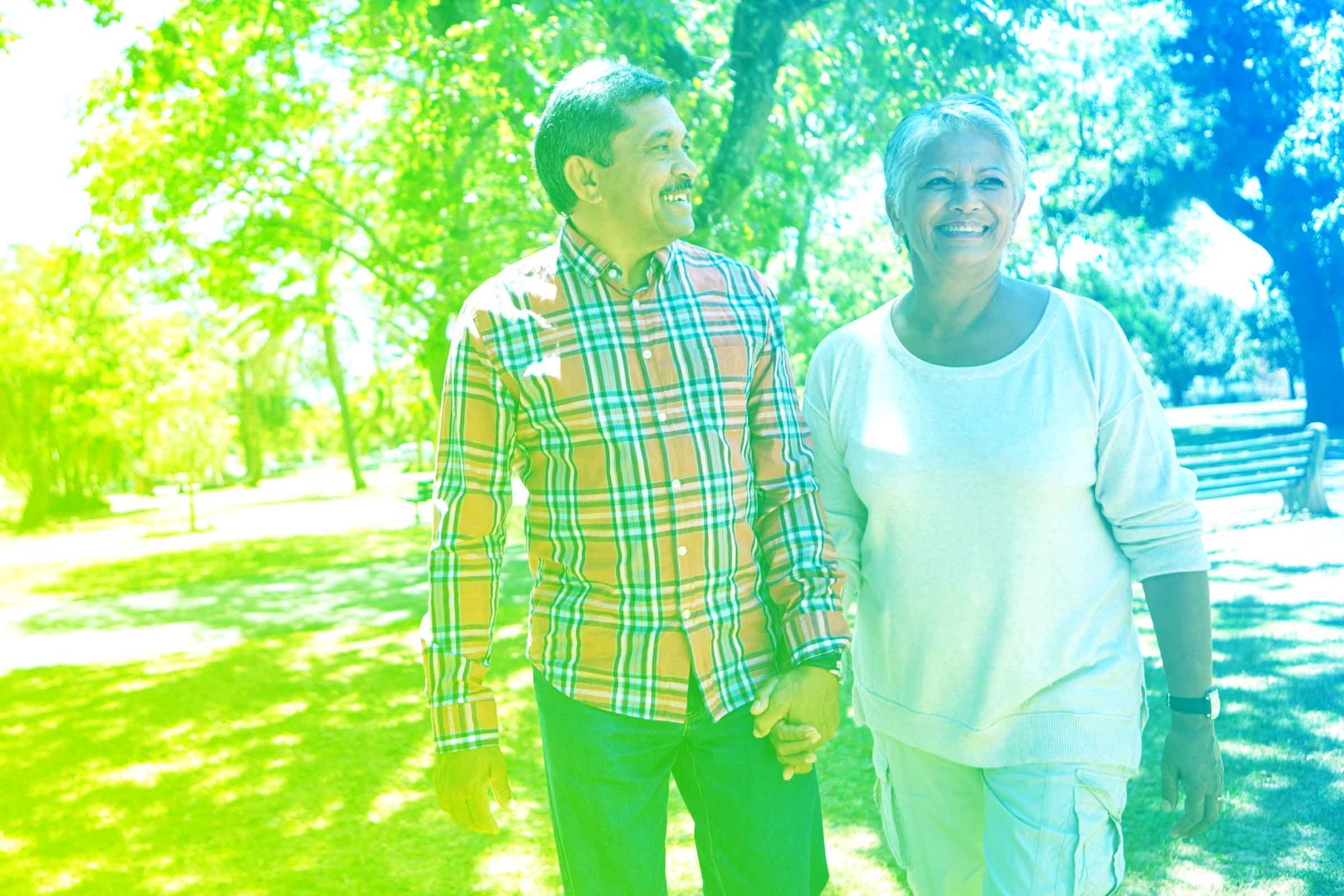
Go for a walk together
During treatment, a patient might not feel comfortable leaving the house alone out of fear of getting too weak and not being able to get back, says Dr. Meyers. Offer to go for a stroll with that person to get some fresh air. “During chemotherapy, it’s important to get out of the house, be with friends, exercise, and be active,” she says. Here, find out the great benefits of a 15-minute walk.

Bring a meal
Delivering a meal to a cancer survivor will be appreciated, but make sure to pick something the person can eat. Raw foods can be a danger when the immune system is weak, while sores on the mouth or GI tract can make spicy and acidic foods, such as tomatoes, irritating. “Bring food that’s easy to digest and not going to mess with people’s GI tracts if they’re going through chemo,” says Dr. Stein. Want to know the healthiest diet for cancer patients? These are the best foods to eat during chemo.
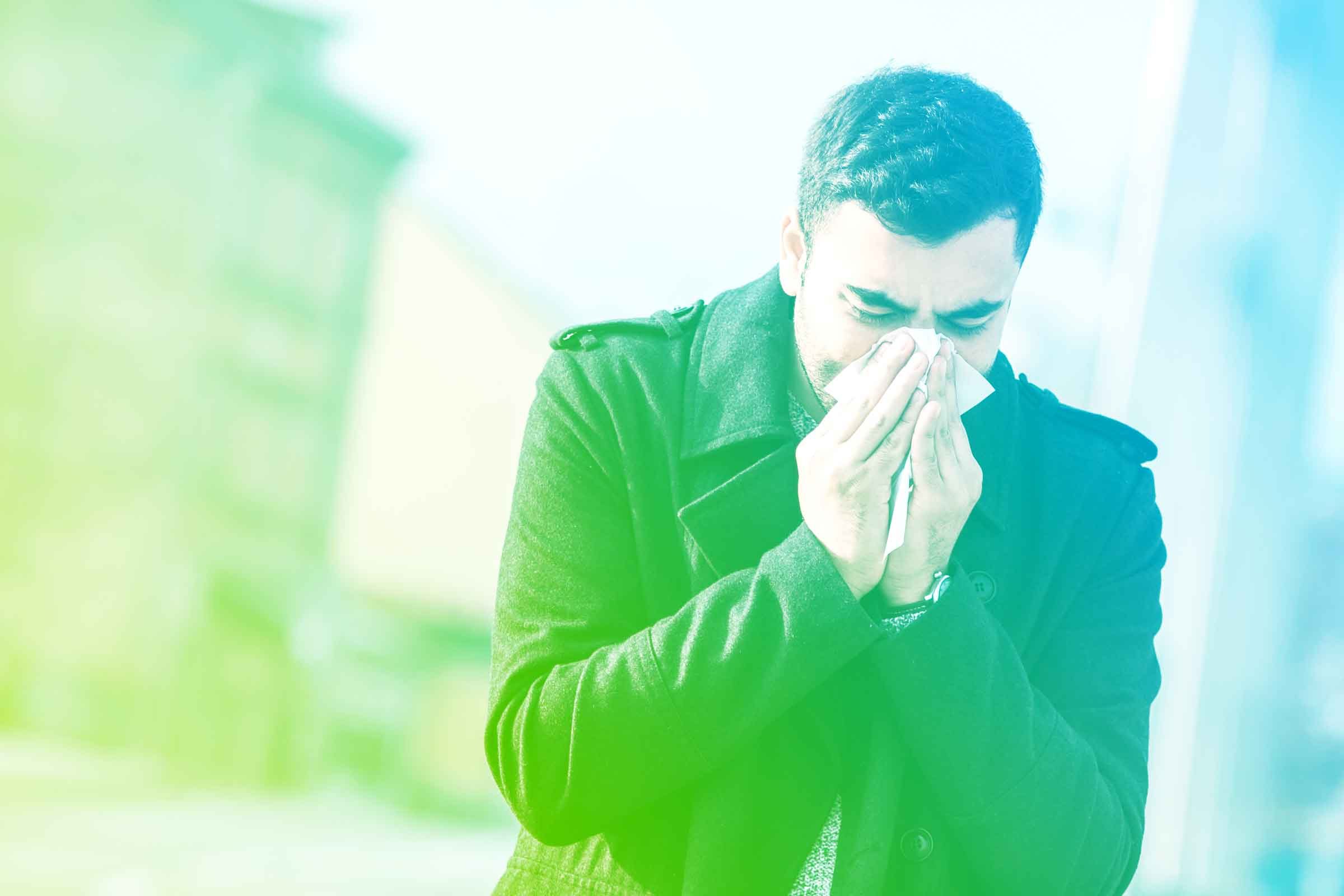
Stay away if you’re sick
Chemo affects blood cells that typically help fight germs, so someone going through treatment might be more at risk of getting sick. “Don’t visit if you have a cold or virus or anything infectious,” says Dr. Meyers. “It’s shocking how many people don’t think of that and think ‘it’s just a little cold—it’s not a big deal.’” If you ask if the person minds you being sick, he or she might feel obligated to say you can still come, so if you’ve got the sniffles, guard your loved one’s health by skipping an in-person drop-in.

Don’t visit right after getting vaccinated
Illness isn’t the only way to spread disease. Most vaccines, like the flu shot, use dead viruses for immunity, but some contain viruses that are weakened but still alive. “Viral particles can be shed in urine or by intimate or close contact, and they may be extremely susceptible to that,” says Dr. Meyers. “If you’re already fighting cancer with chemo, to get sick on top of that is a double whammy.” Click here for more vaccine myths.

Keep long-distance ties strong
If you can’t visit a faraway friend in person, use technology to your advantage. Pick up the phone, or ask if your loved one is up for a video call, keeping in mind that the survivor might be self-conscious about his or her appearance. “Not being there in person is difficult because you can’t be there day to day with them,” says Dr. Meyers. “It’s nice to be face to face, and fortunately, with technology we can do that.”


















